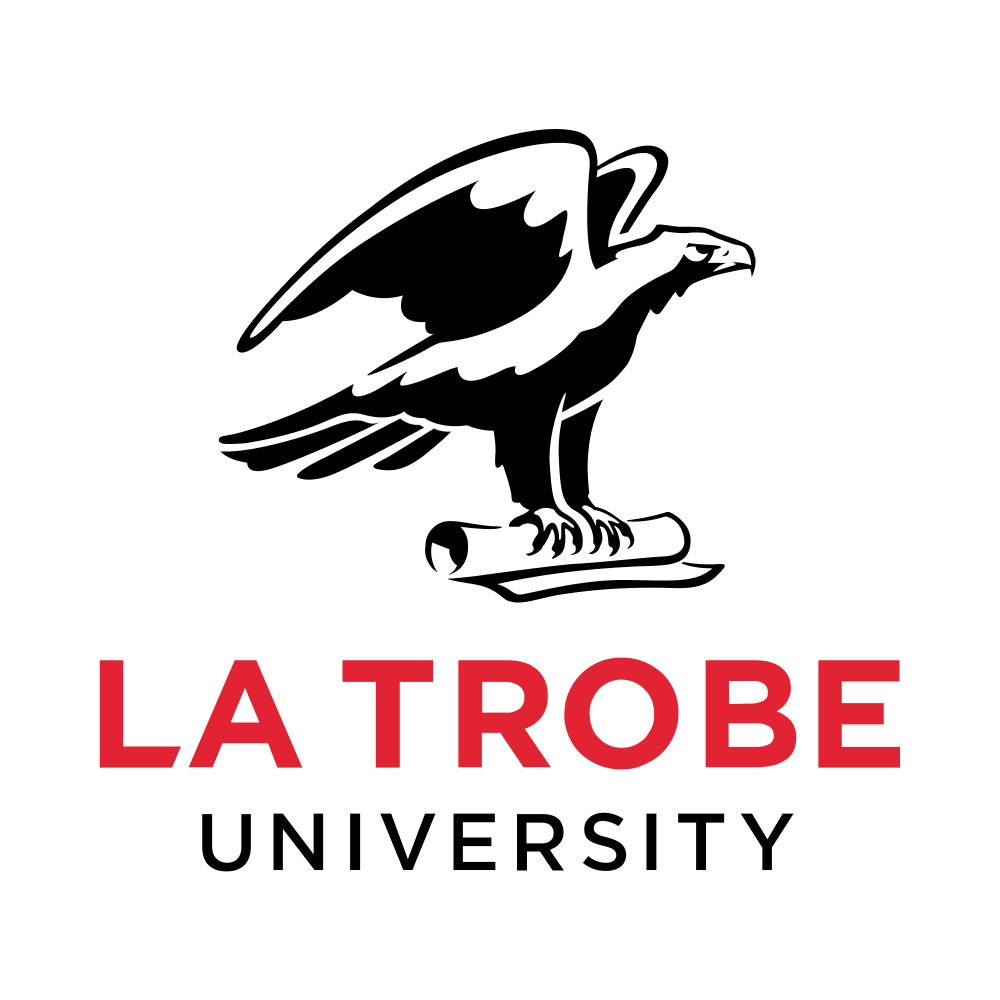La Trobe University
Master of Business Analytics
- Delivery: Face to Face
- Study Level: Postgraduate
- Duration: 24 months
- Course Type: Master's
Develop advanced skills in business, programming and data engineering while keeping your knowledge up to date as you progress in this rapidly evolving industry.

Course overview
La Trobe's accredited Master of Business Analytics will keep you ahead of the trends. Gain advanced skills in business, programming and data engineering and update your knowledge as you grow in this fast-moving industry.
In this practical course, you'll take your career to the next level as you learn the latest tools from industry experts. Learn industry-standard programs, including SAS, Power BI, IBM Cognos, Excel, SQL and R and understand how to develop data-driven solutions for real-life business problems. You'll also gain high-level skills when you choose a specialisation in your area of interest, including artificial intelligence, data science, digital health and more. Graduate with your specialisation on your academic transcript so that future employers can recognise your expertise.
Study a degree recognised by industry. La Trobe's Master of Business Analytics is one of the few courses in Australia where you'll graduate with a Certificate in Business Analytics from SAS.
I'd like you to please understand the complexity of business needs and learn how to solve them with data-based solutions. You'll learn the highly sought-after skills required to bridge the gap between analytics and non-analytics professionals and craft innovative solutions for a wide range of businesses and organisations.
Learn from world-class academics and be immersed in research at La Trobe's Centre for Data Analytics and Cognition (CDAC). The CDAC staff also teach in the Master of Business Analytics program and collaborates with international research groups to develop industry-leading research in artificial intelligence and advanced analytics.
Grow your professional networks by connecting with industry leaders at SAS and Microsoft. You'll also have the opportunity to build your professional experience and apply for a voluntary internship with leading organisations like PwC, IBM, NORTH Link and Coles.
Key facts
July, 2026
November, 2026
What you will study
To qualify for the award of Master of Business Analytics, students must complete a total of 240 credit points across two years. Each subject is valued at 15 credit points, unless otherwise indicated.
Year One
- 90 credit points from chosen core subjects
- 30 credit points from chosen core choice subjects
Year Two
- 15 credit points from chosen capstone subject
- 30 credit points from chosen core subjects
- 15 credit points from chosen core choice subject
- 60 credit points from chosen specialisation
- Academic Integrity Module (0 credit points)
- Cloud Platforms and Analytics
- Customer Analytics and Social Media
- Data Wrangling
- Predictive Analytics
- Principles of Business Analytics
- Visual Analytics
Entry requirements
Prerequisite
Admission may be granted to applicants without an undergraduate degree, provided they have five or more years of relevant work experience. When making an offer to an applicant, the university may consider a range of factors, including English proficiency, academic record and employment experience.
Selection criteria
To be considered for admission to this degree, you will need to meet at least one of the following criteria:
- Completion of an Australian bachelor's degree (or equivalent)
- Completion of the Postgraduate Qualifying Program
- Applicants with relevant experience and/or a cognate degree may be granted advanced standing.
Recognition of Prior Learning
Credit for previous study is the recognition of prior study or learning that can be counted towards a qualification. This can reduce the number of subjects required to complete your course. The amount of credit received depends on the level and relevance of your previous study and the number of subjects completed. Contact the university for more details.
Outcomes
Careers outcomes
Graduates may pursue careers in roles such as:
- Data Analyst
- Business Analyst
- Market Research Analyst
- Business Consultant
- Management Consultant
- ICT Business Analyst
Learning outcomes
- Analyse and appraise business objectives, ethics, internal and external stakeholders of analytics initiatives in industrial settings.
- Deliberate, implement and evaluate prototypical analytics and artificial intelligence solutions that leverage state-of-the-art technologies for industrial applications.
- Demonstrate analytical, practical and technical skills in analytics and artificial intelligence in an industry-based project.
- Design, formulate and evaluate efficient data wrangling methodologies and compelling data visualisations that enable insights generation and advanced analytics applications for organisational decisions.
- Conceptualise, create and interpret predictive analytics capabilities and techniques that leverage organisational data for actionable insights.
- Determine, corroborate and communicate people and project management functions for analytics initiatives.
- Design and adapt analytics techniques, tools and solutions to address decision challenges in organisational verticals.
- Assess, adapt and evaluate advanced technology platforms and cloud solutions with IT security management for data, analytics and artificial intelligence applications.
- Conceptualise, implement and review data models and technical solutions for data architecture and technology infrastructure in organisational settings.
- Contextualise, create and transform analytics, artificial intelligence, automation, IT security and ethics to address challenges in strategic, tactical and operational decision-making.
- Theorise, quantify and create advanced analytics, artificial intelligence and automation solution proposals that address organisational strategic objectives and IT security objectives.
Fees and FEE-HELP
Estimated fees per year 2026: $33,800 (domestic full-fee paying place).
All costs are calculated using current rates and are based on a full-time study load of 120 credit points for one year.
A student’s annual fee may vary in accordance with:
- The number of units studied per term.
- The choice of major or specialisation.
- Choice of units.
- Credit from previous study or work experience.
- Eligibility for government-funded loans.
Student fees shown are subject to change. Contact the university directly to confirm.
FEE-HELP loans are available to assist eligible full-fee paying domestic students with the cost of a university course.

















